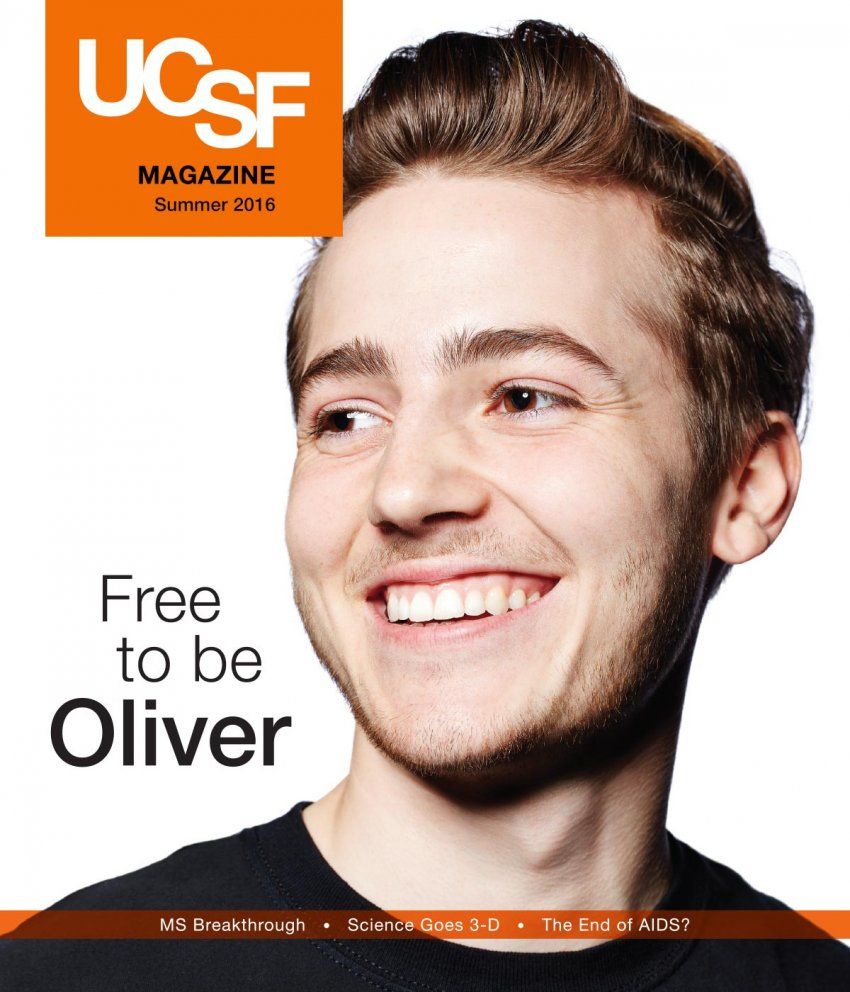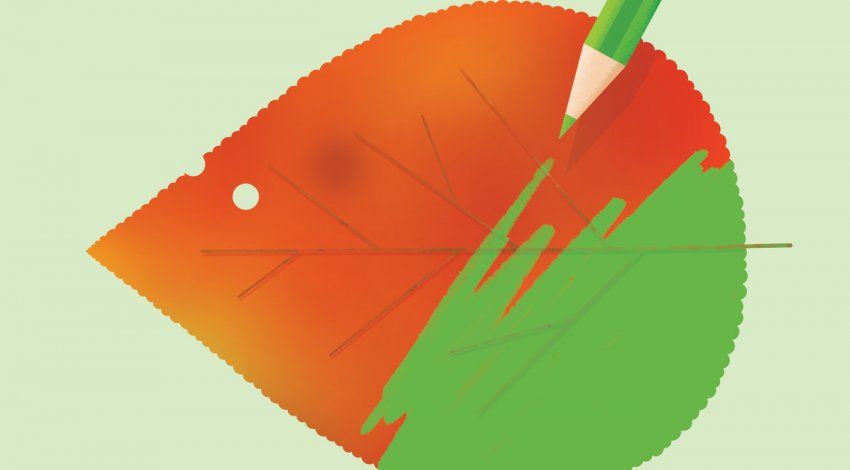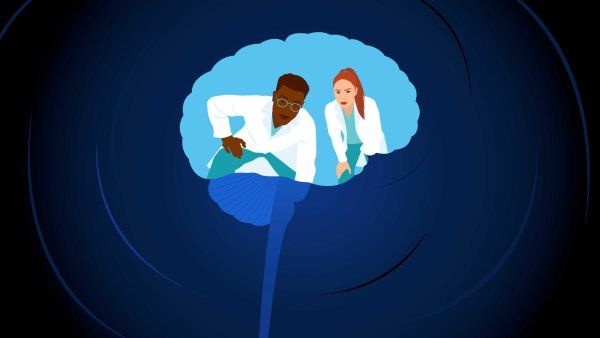
Healthy Aging
Several UCSF experts weigh in on how to thrive as an older adult.

Icons: picons.me
Upon becoming a centenarian, rheumatologist Ephraim Engleman, MD, addressed his senior status with good humor, often sharing his top-10 list of “commandments’’ for longevity. “Enjoy your work, whatever it is, or don’t do it,” was one. Since he died last year at 104 doing what he loved – working at UCSF – you could say he walked the talk. We recently asked several UCSF faculty members to offer one piece of advice to someone who wants to age healthily.
Preserve your hearing
“Protect your hearing because it is so essential to staying actively engaged. Avoid loud arenas or listening to loud music through headphones. If you have a problem, arrange a hearing evaluation, because there are things that can be done. Also, the only thing you can control is your response to things. People’s attitudes to challenges and opportunities that come their way affect how they age.”
Margaret Wallhagen, BS ’70, MS ’71, RN, PhD
Gerontologist and professor and interim chair of physiological nursing
Get physical
“Studies now show that regular exercise is one of the best things you can do to keep your brain healthy. Exercise can also improve mood and sleep, which promote better brain health too.”
Joel Kramer, PsyD
Neuropsychologist and director of neuropsychology at the Memory and Aging Center
Brush and floss
“The average 70-year-old is more susceptible to tooth decay and tooth loss than the average 7-year-old, and studies have shown that missing 10 or more teeth has a huge impact on quality of life. A lifelong maintenance approach to oral health is important.”
Donald Curtis, DMD
Professor of preventive and restorative dentistry (and a third-generation dentist)
Nourish your soul
“Participate in activities that feed your soul. Whether they are physical, mental, social, artistic, spiritual, indoor or outdoor, it doesn’t matter. Pursuits that feed the soul help give you a sense of purpose and accomplishment, which contribute to wellness across the life span as we ride the ups and downs on this roller coaster ride of life.”
Kirby Lee, PharmD ’02, MAS
Associate professor of clinical pharmacy and an expert in medication management for older adults
Exercise right
“I would say exercise, but it must be appropriate and regular. By appropriate I mean the exercise you do must suit your body type and be right for your condition, so as not to cause injury.”
Benjamin Ma, MD
Orthopedic surgeon and chief of the UCSF Sports Medicine Center
Skip sugar (and follow these other pieces of advice)
“Avoid sugar. Eat real food. Keep moving. Sleep well. Be flexible in body and mind. Embrace aging.”
Donald Abrams, MD
Chief of the Hematology-Oncology Division, Zuckerberg San Francisco General, and integrative oncologist, UCSF Osher Center for Integrative Medicine
Eat mindfully
“Be thoughtful about choices: enjoy regular meals, mindfully chosen, consisting of whole, fresh, and local foods, with adequate fluids.”
Mary Ellen DiPaola, RD
A dietitian for more than 25 years and an educator at UCSF for many patients with kidney disease and diabetes
Watch your number
“Insist that your doctor keep your cholesterol and blood pressure under strict control and faithfully take all medications.”
Nelson Schiller, MD
Cardiologist and founder of the UCSF Electrocardiography Laboratory




